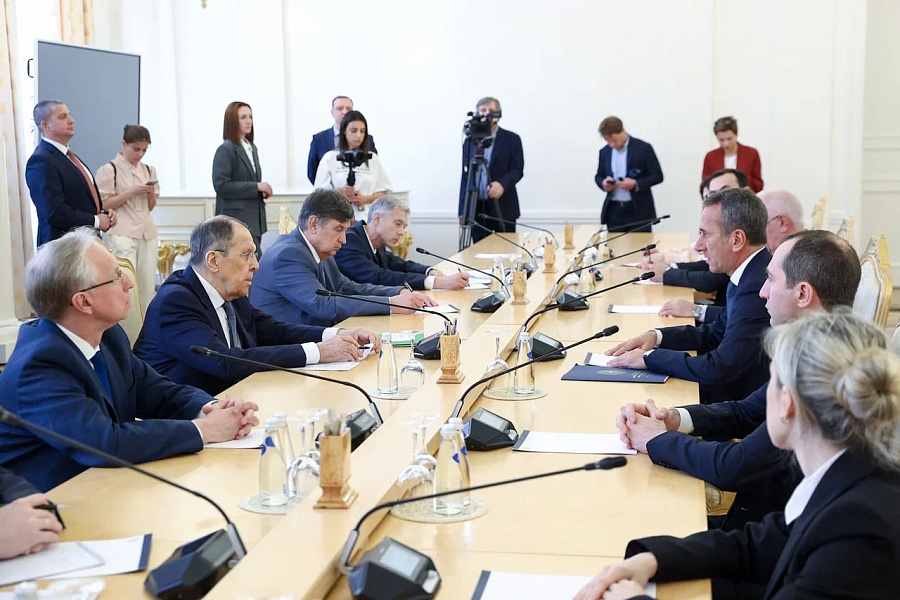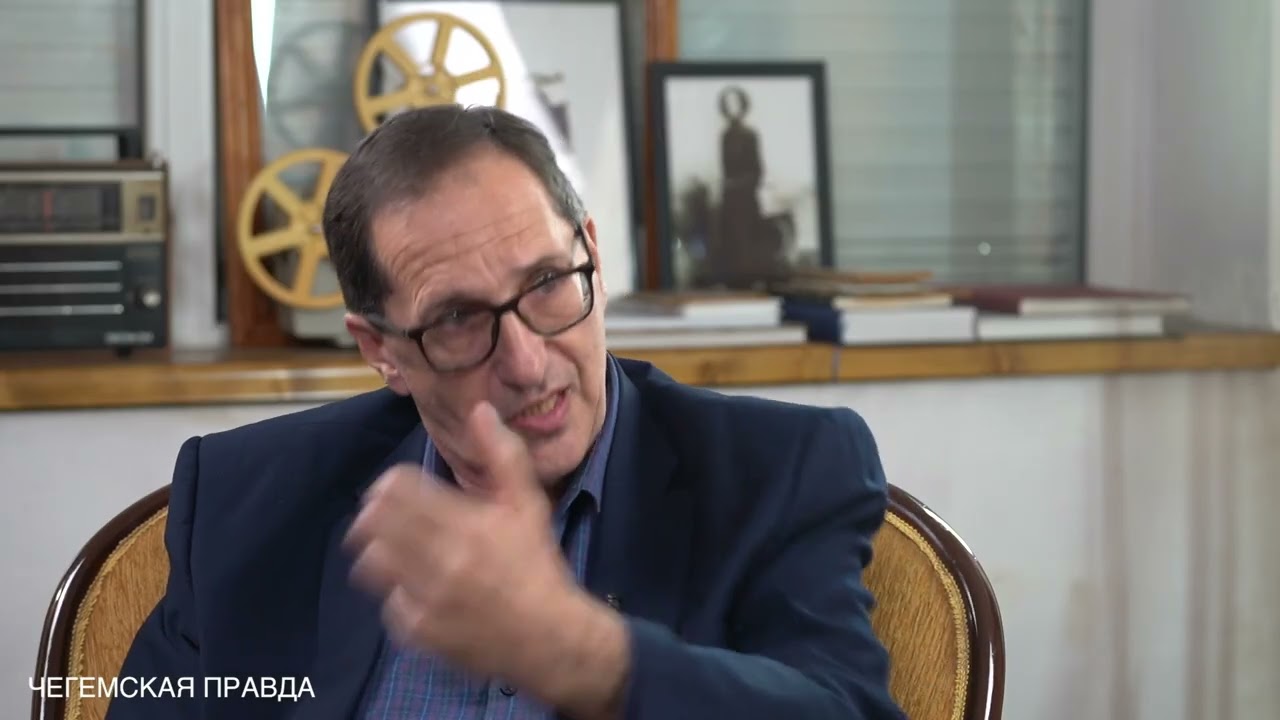Abkhazia’s budget deficit
Abkhazia’s budget deficit in 2024 will be 1.4 billion rubles. “The budget is in a difficult situation,” says economist Akhra Aristava, who visited journalist Inal Khashig on the online program “Conversation.”
“This has never happened in the history of Abkhazia, and such large sums of money are unacceptable in world history,” says Aristava.
The economist suggests that in 2024 Abkhazia will face a “budget crisis.” There is a serious lack of financial resources, Aristava thinks, especially, suggesting fundamental problems in the energy sector.
According to him, the adopted tariff policy in the energy sector “does not give us any effect.”
“We see an increase in prices for almost everything – medicine, food, gas, but the growth of household incomes does not outpace inflation, which means that people’s real incomes are declining,” says Aristava.
Aristava believes that for positive economic changes, legislative changes are also necessary.
According to the economist, what individual government institutions are currently achieving, even in terms of exceeding the plan, is not enough to ensure a minimum level of government spending. Aristava says this also directly affects national security.
Aristava also talks about protecting local producers, which means introducing additional taxes on imported products.
In this regard, in his opinion, it is necessary to take comprehensive measures that will help the local manufacturers in many areas.
One of these tools is long-term loans that will support the development of local businesses.
The state should in every possible way encourage and protect [local producers]. Finding resources for these projects is the government’s business, – Aristava concludes. Budget funds must be spent economically and efficiently, the economist believes.
Aristava also talks about the transit potential of Abkhazia, including a transport line connecting Armenia through Abkhazia. In this regard, Aristava believes that the main obstacle is the position of Tbilisi and the “law on occupied territories.”


